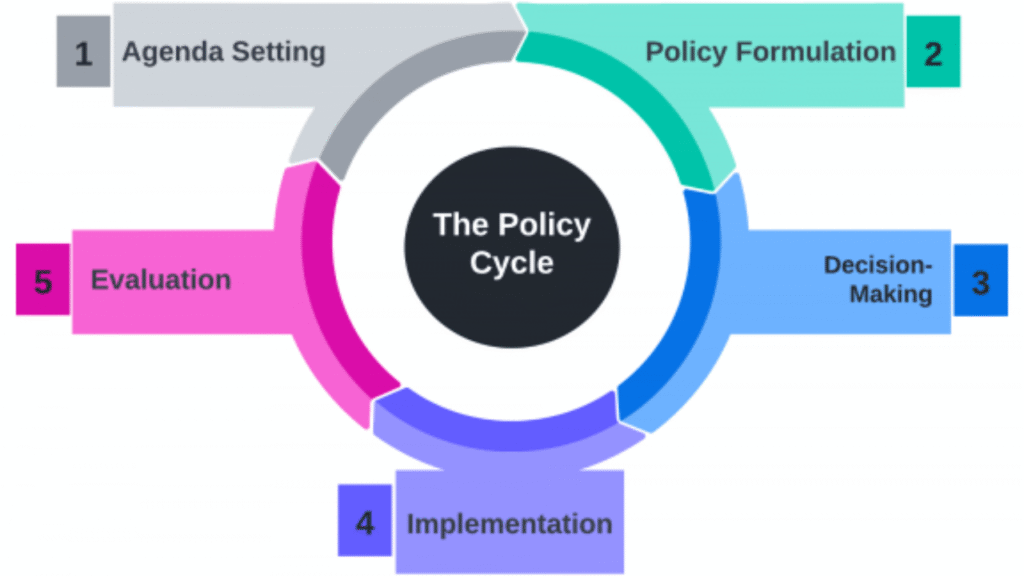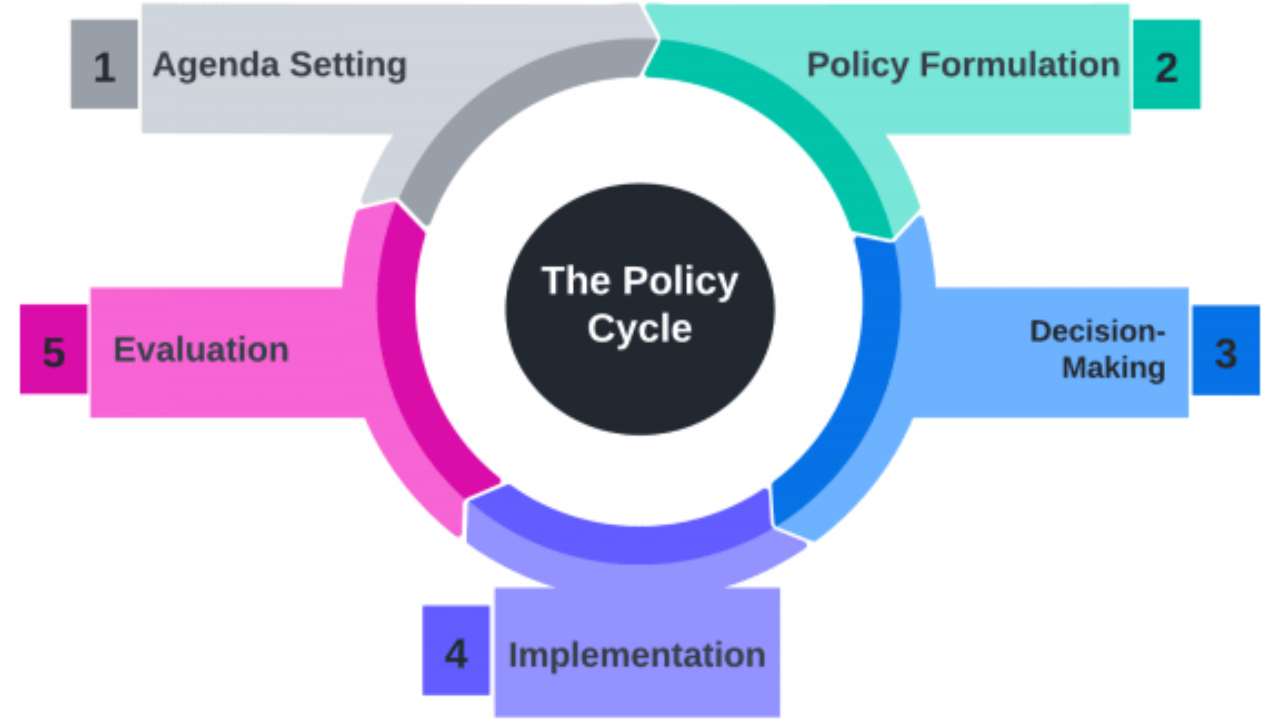
Public hearings are a vital part of the democratic process, offering a platform for community members to engage with government decisions before laws or policies are finalized. These hearings allow citizens to express opinions, provide expertise, and influence policymakers in meaningful ways. Understanding the role of public hearings and how they shape policy decisions can empower individuals to participate effectively in governance and ensure their voices are heard.
What Are Public Hearings?
Public hearings are official meetings held by government bodies—such as city councils, state legislatures, or regulatory agencies—where members of the public can present their views on proposed policies, laws, or projects. These hearings are typically open to everyone and may include opportunities for testimony, questions, and discussions.
- They occur at various government levels, from local to federal.
- Public input gathered during hearings helps inform policymakers.
- Hearings promote transparency and accountability.
The Purpose of Public Hearings
Public hearings serve multiple important functions:
- Gathering Public Opinion
Hearings allow residents, experts, and stakeholders to share support, concerns, or suggestions related to policy proposals. - Informing Decision-Makers
Policymakers receive firsthand information about community needs and potential impacts before making decisions. - Building Community Trust
Transparency and open dialogue foster trust between government and citizens. - Encouraging Civic Engagement
Public hearings offer a direct way for individuals to participate in governance beyond voting.
How Public Hearings Influence Policy
- Highlighting Community Priorities
Testimonies during hearings often reveal issues important to local residents, helping shape policy focus areas. - Providing Expertise and Data
Professionals and advocacy groups present studies, data, and expert opinions that can refine or challenge proposals. - Shaping Amendments and Revisions
Feedback from hearings can lead to changes in proposed laws or regulations to better meet community needs. - Mobilizing Public Support or Opposition
Public sentiment expressed during hearings can sway legislators or officials in favor or against proposals. - Ensuring Legal and Ethical Compliance
Hearings can uncover legal concerns or ethical implications, prompting careful review before adoption.
Who Participates in Public Hearings?
- Community Members
Residents provide personal stories, opinions, and reflect community sentiment. - Advocacy Groups and NGOs
Organizations represent specific causes or interests, presenting organized positions. - Experts and Professionals
Specialists provide technical insights or data analysis relevant to the issue. - Elected Officials and Staff
They listen, ask questions, and consider testimony in decision-making.
Best Practices for Effective Public Participation
- Prepare Your Comments
Research the topic, organize your points clearly, and stay concise. - Respect Time Limits
Most hearings have time constraints for speakers, so prioritize your key messages. - Stay Respectful and Professional
Civil discourse increases the likelihood your input will be considered seriously. - Attend Early or Submit Written Comments
If you cannot speak in person, many agencies accept written testimonies. - Engage Continuously
Follow up with elected officials or participate in subsequent meetings.
Challenges and Limitations of Public Hearings
- Limited Time and Access
Not everyone can speak due to time constraints or inconvenient scheduling. - Complexity of Issues
Technical or legal jargon can make it hard for laypeople to fully grasp topics. - Potential for Dominance by Special Interests
Well-funded groups may have greater presence, overshadowing average citizens. - Uncertain Impact
Public input does not guarantee changes, which can discourage participation.
Overview Table: Public Hearings and Their Impact on Policy
| Aspect | Description | Impact on Policy | Participants Involved |
|---|---|---|---|
| Gathering Opinions | Collect community and expert feedback | Shapes priorities and concerns | Residents, experts, advocacy groups |
| Informing Decision-Makers | Provides data and real-world perspectives | Influences policy drafting and amendments | Legislators, officials |
| Transparency and Trust | Public process with open dialogue | Builds community confidence | Government agencies, public |
| Advocacy and Mobilization | Demonstrates support or opposition | Can sway final decisions | Citizens, interest groups |
| Accountability | Checks on legality and ethics | Prevents flawed or harmful policies | Legal experts, public watchdogs |
FAQs
Q1: Can anyone speak at a public hearing?
Generally, yes. Public hearings are open to all residents, though some may require prior registration.
Q2: Are public hearings the same as public meetings?
Not always. Hearings usually focus on specific proposals and include public testimony, while meetings can be broader discussions.
Q3: What if I cannot attend a hearing in person?
Many agencies accept written comments or offer virtual attendance options.

